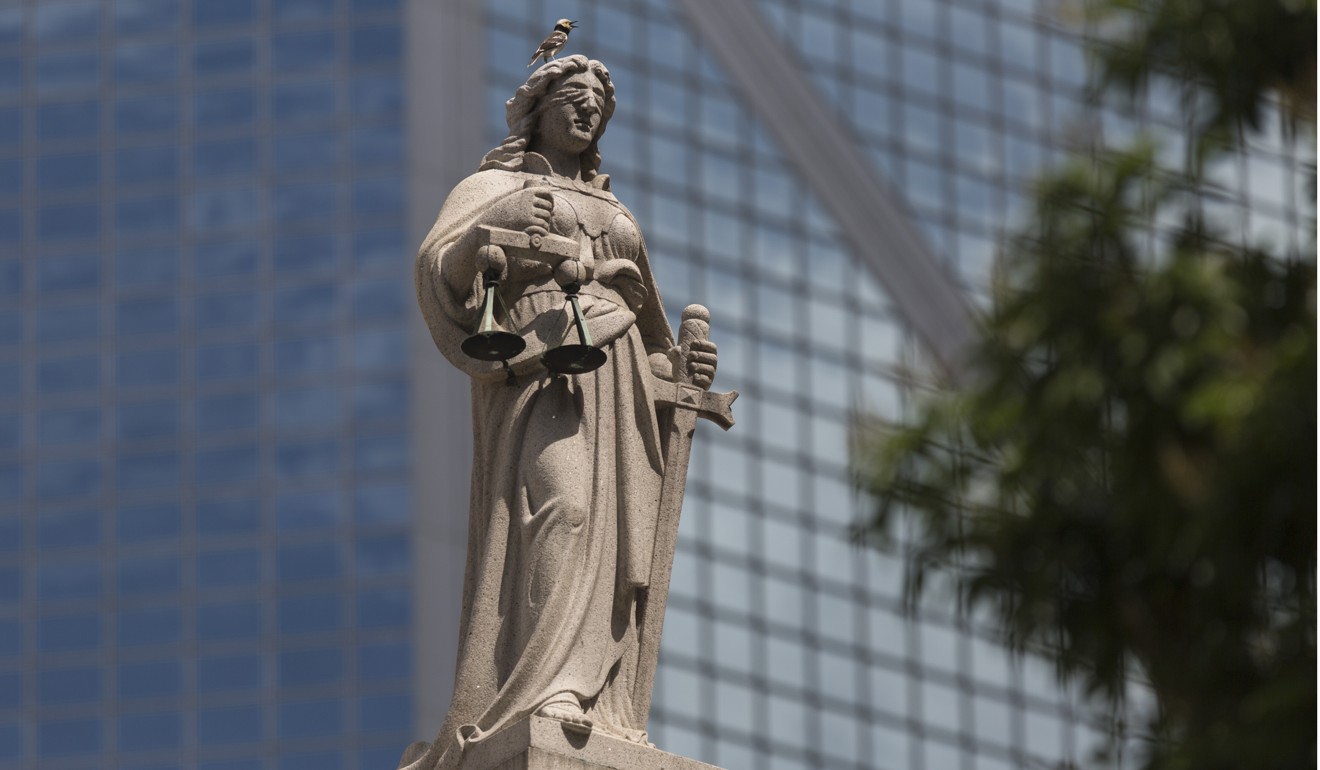
Hong Kong’s chief executive Carrie Lam has revised her mainland China extradition proposal to mollify businesses, but will she pay a price?
- The government has exempted nine economic crimes from a list of extraditable offences in the face of pressure from the business community
- Lam might have averted a crisis by watering down the bill, but was it worth it?
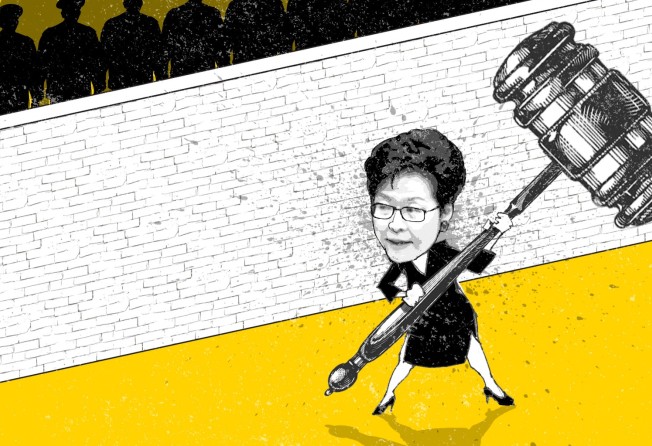
Carrie Lam Cheng Yuet-ngor probably breathed a sigh of relief on Tuesday after her watered-down proposal on a contentious extradition arrangement finally won approving nods from some of Hong Kong’s business representatives.
The city’s leader had come under immense pressure locally and internationally over the past few weeks since her government introduced a proposal in February to allow one-off transfers of fugitives to any jurisdiction with which Hong Kong lacks an extradition deal, including mainland China, Taiwan and Macau.
The amendment, Lam and her security aide John Lee Ka-chiu claimed, was aimed at plugging a loophole exposed by a homicide case in Taiwan last year. Hong Kong authorities have had no way to extradite the suspect, who fled home after the alleged killing of his pregnant girlfriend.
Pan-democrats immediately blasted the plan for potentially opening the floodgates for requests to hand over people in Hong Kong wanted across the border, where the right to a fair trial is not necessarily guaranteed.

But what caught Lam by surprise was the vociferous opposition from the local and international business community. The sector is a significant presence in the legislature.
The European Union also hit out at the government for not conducting a longer and more in-depth public consultation – not even with countries that currently have an extradition arrangement with Hong Kong – on such a sensitive issue.
Succumbing to the business sector on Tuesday, the government exempted nine economic crimes from the list of offences that could be covered by the new extradition law.
With the move, Lam might have averted a crisis but the question is: at what price and was it worth it?
The making – and undoing –of a secretive bill
The irony in the rejection of the government initiative this time was that the business community, often known to accuse the opposition of politicking to the detriment of the city’s economic standing, decided to throw its lot in with the camp.
The source of their combined objection: proposed changes to the Fugitive Offenders Ordinance and the Mutual Legal Assistance in Criminal Matters Ordinance.
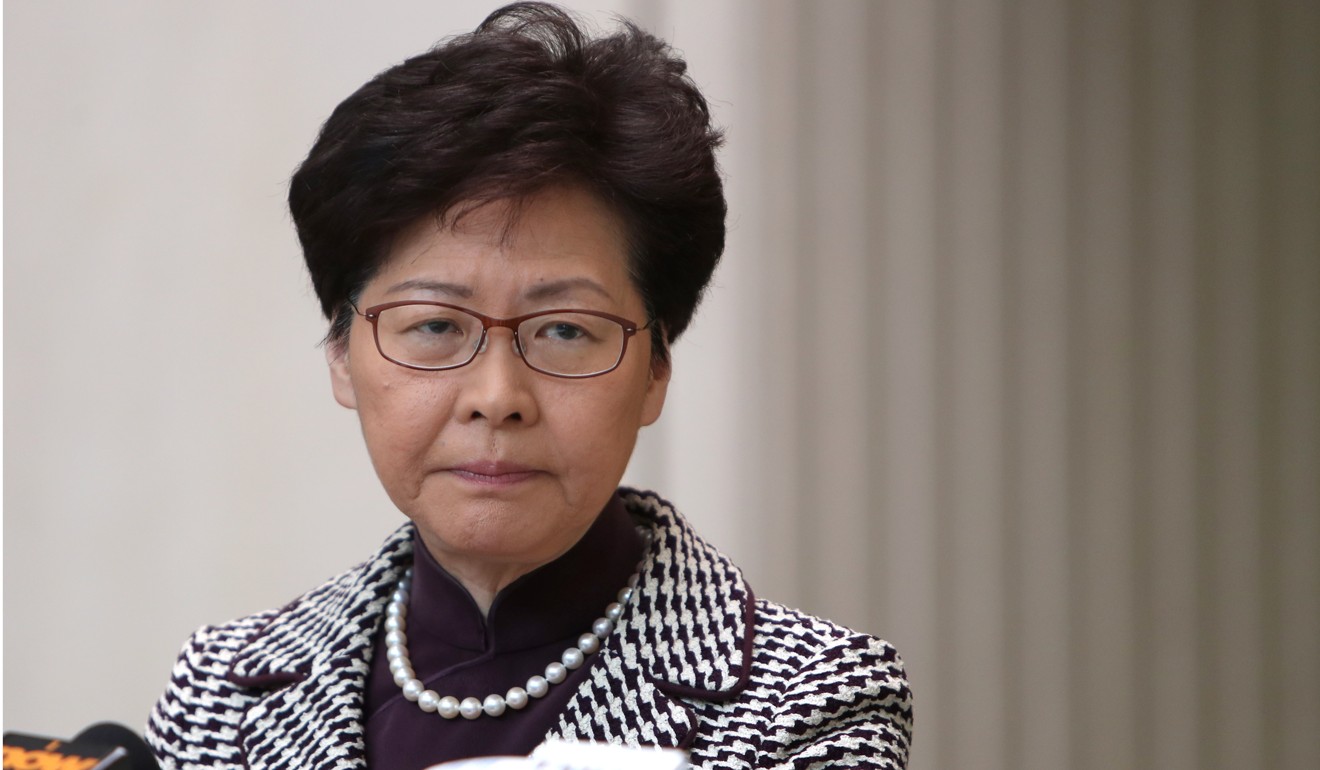
Some of the government’s closest allies in the legislature were given only 10 days’ notice of the political bombshell, while others were caught completely off guard with no hint or trial balloon of the policy change being floated in informal circles, as sometimes is done.
“We could have warned them of the potential backlash if they had given us a heads-up beforehand,” a lawmaker from the Business and Professionals Alliance (BPA), who declined to be named, grumbled.
“The government has taken our support for granted.”
The two pro-business parties, the BPA and the Liberal Party, were the first to raise their objections, expressing concerns about the possibility of local businesspeople breaking the law inadvertently in mainland China given its complicated tax system.
James Tien Pei-chun, the honorary chairman of the Liberal Party, even warned the government that its intransigence could stunt the growth of Beijing’s brainchild the Greater Bay Area – a plan to transform Hong Kong and 10 cities around the Pearl River Delta into a global centre of technology, innovation and economic vibrancy.
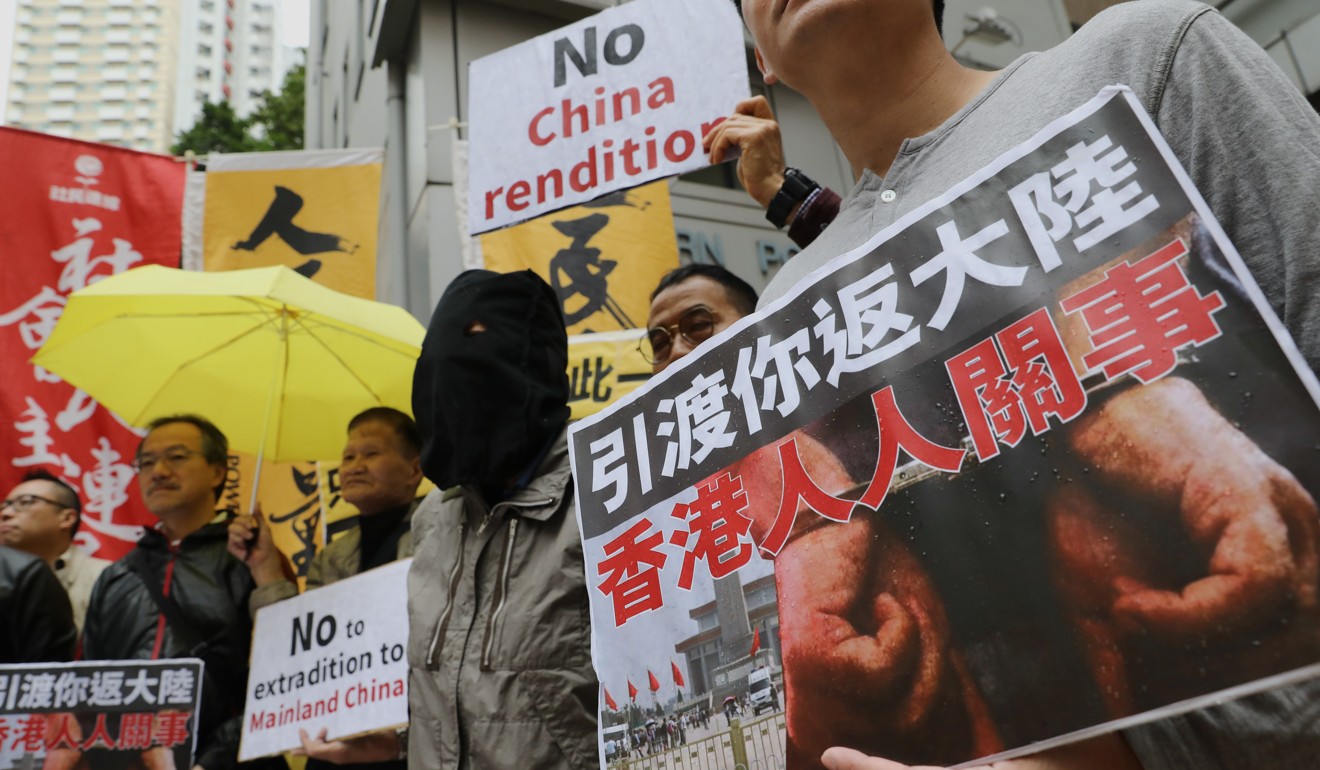
“Beijing has hopes of getting Hong Kong to make full use of its strength as an international financial centre to bring foreign investors to the Greater Bay Area,” he said. “Do you think investment banks like JP Morgan and Citibank, or AIA, would still set up their headquarters in Hong Kong ... if anyone could easily be extradited to the mainland?
“No one would want to be trapped in Hong Kong for months and be the next Meng Wanzhou,” Tien added, referring to the chief financial officer of Chinese telecom equipment giant Huawei, who was detained by Canadian authorities last December at the request of the US government.
Initially, the Hong Kong government refused to budge and brushed aside such concerns as fear-mongering. But when the American Chamber of Commerce (AmCham), the largest international business chamber in Hong Kong with 1,500 members, warned the move could sabotage the city’s reputation as a “secure haven for international business”, knees buckled and policymakers shrank back to the drawing board.
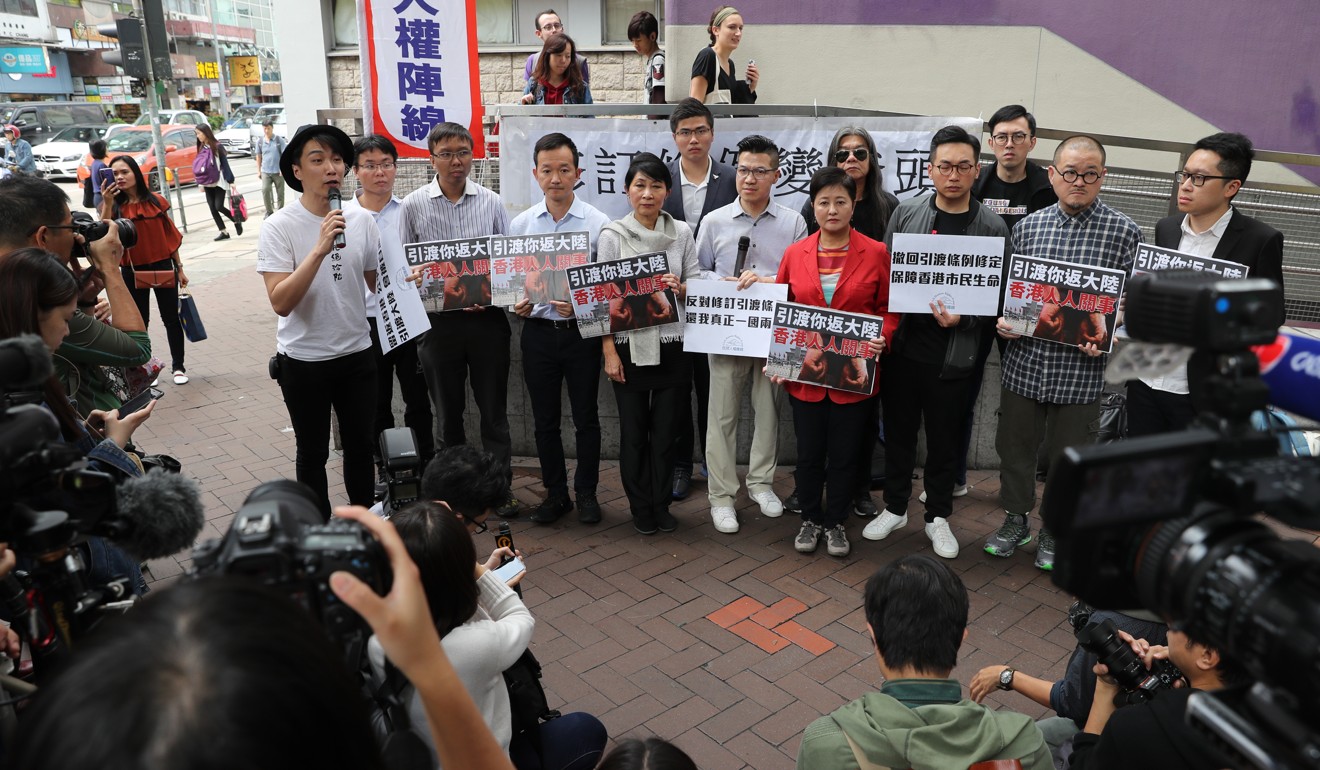
By then, pan-democrats had already begun campaigning on the accusation that the government was trying to take advantage of the tragedy of a murdered young woman to roll a Trojan horse into Hong Kong. That suspicion gained some credence when the Mainland Affairs Council of Taiwan warned that it could issue a travel alert for Hong Kong if the city’s government insisted on pushing ahead with the bill, which has sparked fears on the island. If the very immediate jurisdiction the change in the law was meant to help was not wholeheartedly welcoming the move, why was Hong Kong eager to have it, the argument went.
Lam’s administration eventually announced on Tuesday that it would make the bill more palatable by wiping off nine offences related to fiscal matters, taxes or duties, securities and futures trading, bankruptcy, insolvency or companies law, protection of intellectual property and copyright, alongside the unlawful use of computers.
The revised bill, to be moved to the legislature on April 3, will also allow extraditions only for offences punishable by three years’ imprisonment instead of one year as originally proposed.
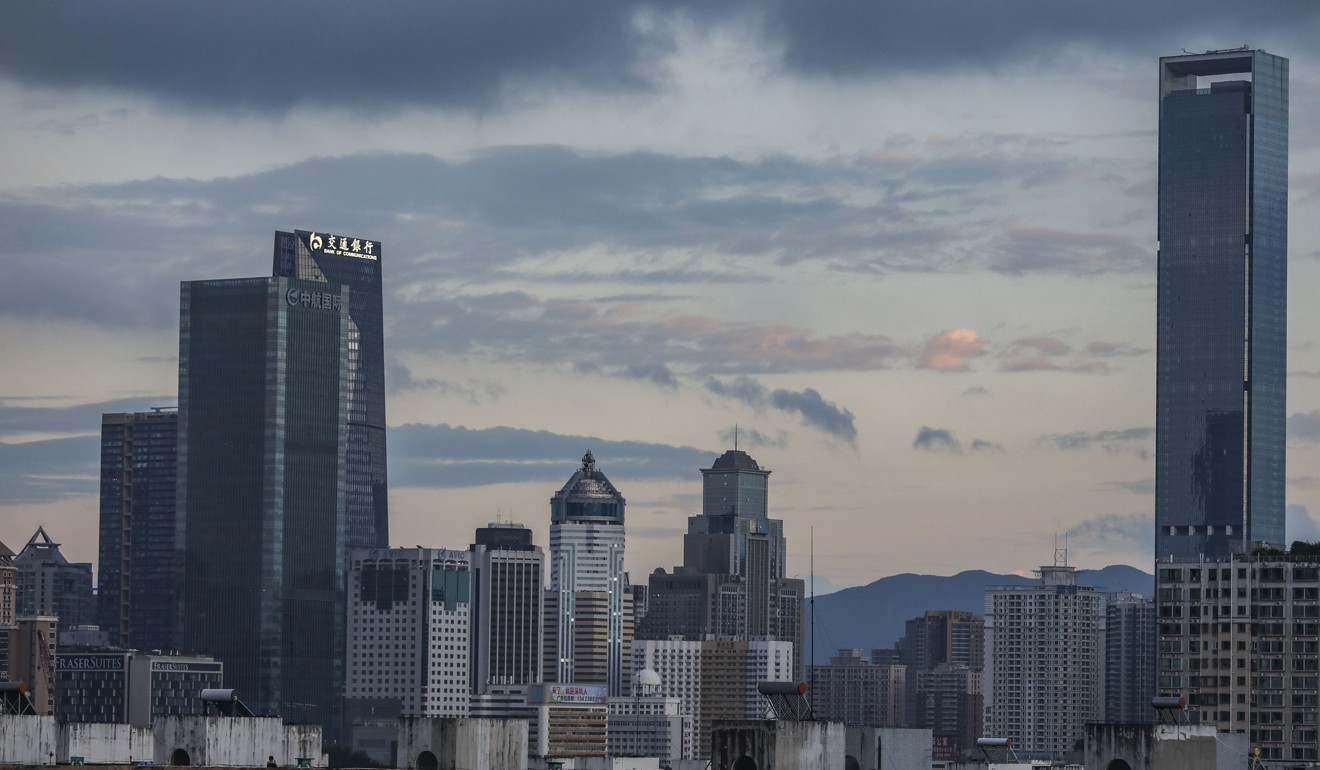
In announcing the dilution, Lam maintained that the original bill was motivated by empathy and sympathy.
A charitable reading of the changes was that they reflected a responsive government. But many allies and commentators saw them as a major and embarrassing climbdown.
One of Lam’s advisers, who sits on the Executive Council, attributed the gaffe to Lam’s overconfidence in not seeking Beijing’s prior backing.
“The business sector, after all, still has a significant say in the city’s political game and it has a track record of defying the local administration’s agenda,” the Exco member said.
“None of this would have happened if Lam had discussed it clearly with Beijing beforehand.”
Winners, losers and lingering concerns
Tuesday’s U-turn was just the latest of several setbacks Lam has suffered over the past several months. Her administration on the same day shelved for the second time a plan to change tolls for the city’s cross-harbour tunnels due to a lack of support in the legislature.
While the proposed revised extradition law failed to convince sceptical business representatives who wanted further exemptions, they sparked another round of condemnation from opponents accusing the government of favouring the rich.
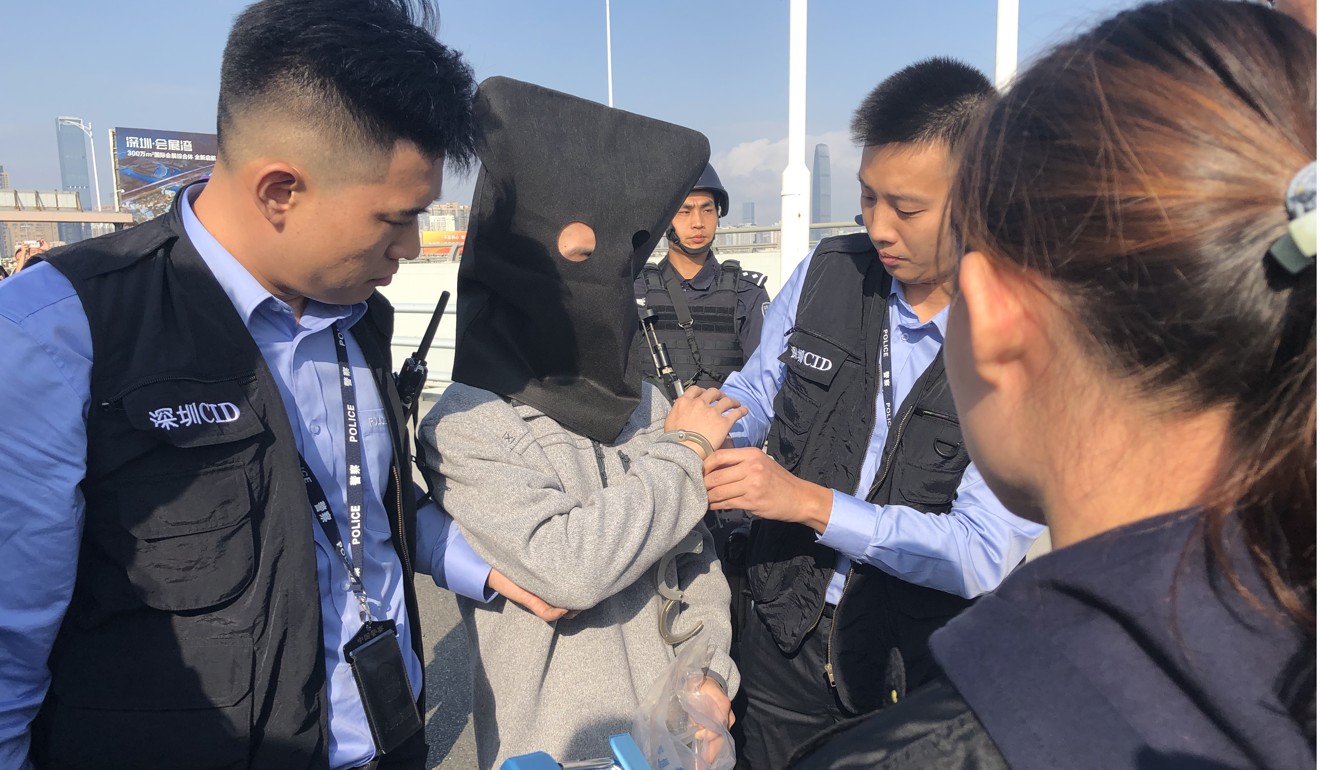
The fundamental objections remained and the common man’s interests had to be protected, the pan-democrats warned. The implications of the new law were not just about how many white-collar crimes could be exempted.
They warned that there were bigger dangers of opening up Hongkongers to mainland China and many other jurisdictions with a lower rule of law ranking.
Democratic Party lawmaker James To Kun-sun said the city could have forged an agreement easily with the mainland two decades ago if removing certain offences was really a viable solution.
“Hong Kong has been negotiating with the mainland for 20 years ... the reason we cannot have it is because we have a fundamental disagreement which we cannot resolve with the mainland,” To said, referring to the safeguards enshrined in the extradition deal.
“The government should be condemned for manipulating a case in Taiwan ... and placing Hong Kong people and travellers through Hong Kong in a dangerous situation,” he said.
Civic Party leader Alvin Yeung Ngok-kiu agreed: “We cannot be convinced that removing these nine offences would make China a better or more trustworthy system.”
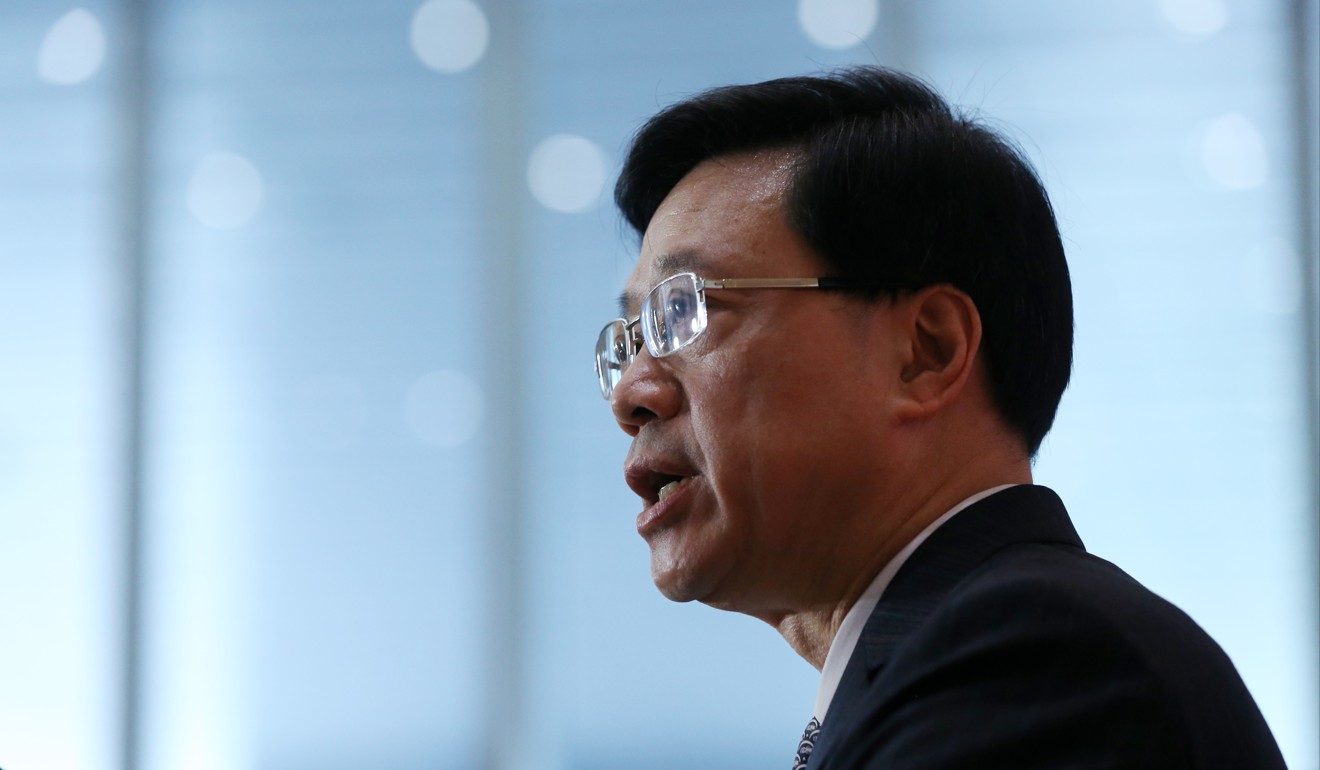
Security chief Lee has repeatedly emphasised that safeguards in the existing extradition law would be maintained to ensure fugitives would not be prosecuted for their race, religion, nationality or political opinion.
He also said the courts would play a gatekeeping role under the proposal. The city’s chief executive would issue a certificate first to authorise the transfer of a fugitive, while the final say would rest with the courts.
But To warned that once Hong Kong surrendered a fugitive to the mainland or other jurisdiction with a dubious human rights record, the government’s hands would be tied, with no guarantee he or she would face a fair trial there.
Yeung, a barrister by training, also questioned the ability of the city’s courts to be a sufficient safeguard.
Regardless of how hard local judges tried, he said they would have no choice but to approve the extradition requests as long as mainland authorities could put together a prima facie case that cleared the legal hurdles.
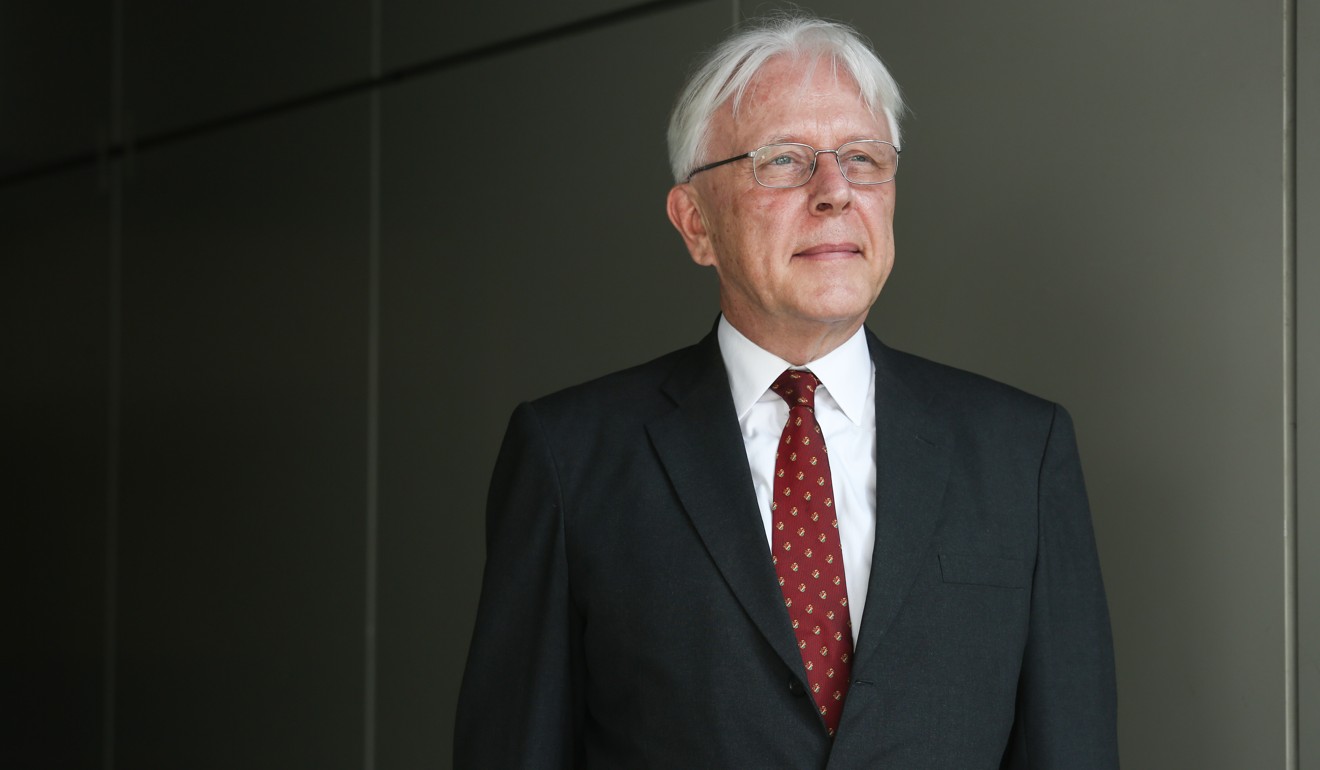
According to the Security Bureau, Hong Kong has only refused four out of the 66 extradition requests it received over the past decade. It has surrendered 23 people, with the other requests either in the works, withdrawn or not implemented due to a failure in locating the offenders.
Legal experts – including those who originally backed the amendment – now say the new compromise only makes things worse.
Senior counsel Grenville Cross, the city’s former top prosecutor, said the bureau’s plan was a “necessary first step”, as the city’s efforts in reaching rendition agreements with the rest of China had proven fruitless since Hong Kong’s handover in 1997.
But he begged to differ on the government’s compromise, as he pointed out the exempted offences could be serious enough to warrant extradition and that all serious crimes should be treated on a par.
“It is clearly illogical that some people suspected of serious crime should be liable to surrender if apprehended in Hong Kong, whereas others can enjoy safe haven,” he said. “After all, criminal justice is all about equality of treatment, and any proposals that do not respect this for good reason are clearly a source of concern.”
He said he suspected the government had not fully thought through the implications of the latest amendment.
Eric Cheung Tat-ming, a principal lecturer at the University of Hong Kong’s law school, lamented that the compromise was apparently made in favour of the business sector.
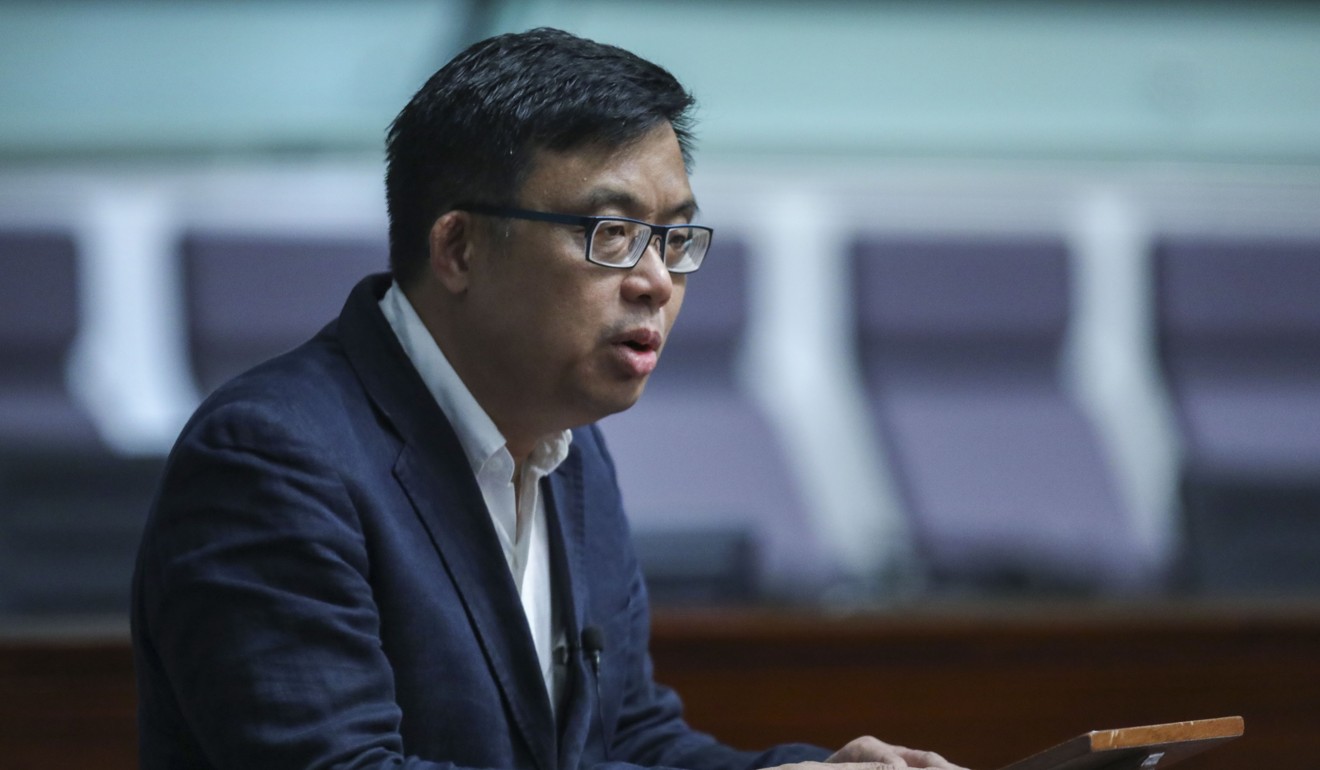
“I feel very sad as the government is indeed turning the rule of law into the rule of man. The amendment was not made through a principled approach but merely political expediency,” he said.
“The crux of the matter is, I do not see how the legal system on the mainland could provide a fair trial for the suspects, such as the basic right to hire a lawyer. The problem will not be solved by exempting a few crimes.”
For now, the pan-democrats have lost the support of the business sector, which has been mollified.
“The business community is all we could count on but they are not reliable,” a source from the camp said.
The government has dismissed the option of limiting the proposal only to Taiwan, insisting the city would need to establish a mechanism to deal with similar cases in future.
But not even its closest allies think the price was worth it because the government stirred a hornets’ nest without adequate preparation, dragging down the pro-establishment camp and denting mutual trust along the way for something Beijing had not even requested in the first place.
“Both Lam and Lee might have wanted to impress Beijing in the beginning by achieving something that the previous administrations could not do,” said a Beijing-friendly lawmaker who has since been involved in the rounds of negotiation with the government on the contentious proposal.
“But there is no turning back now, as that would look ugly. All they can do is try narrowing the scope of it in order to get it passed.”